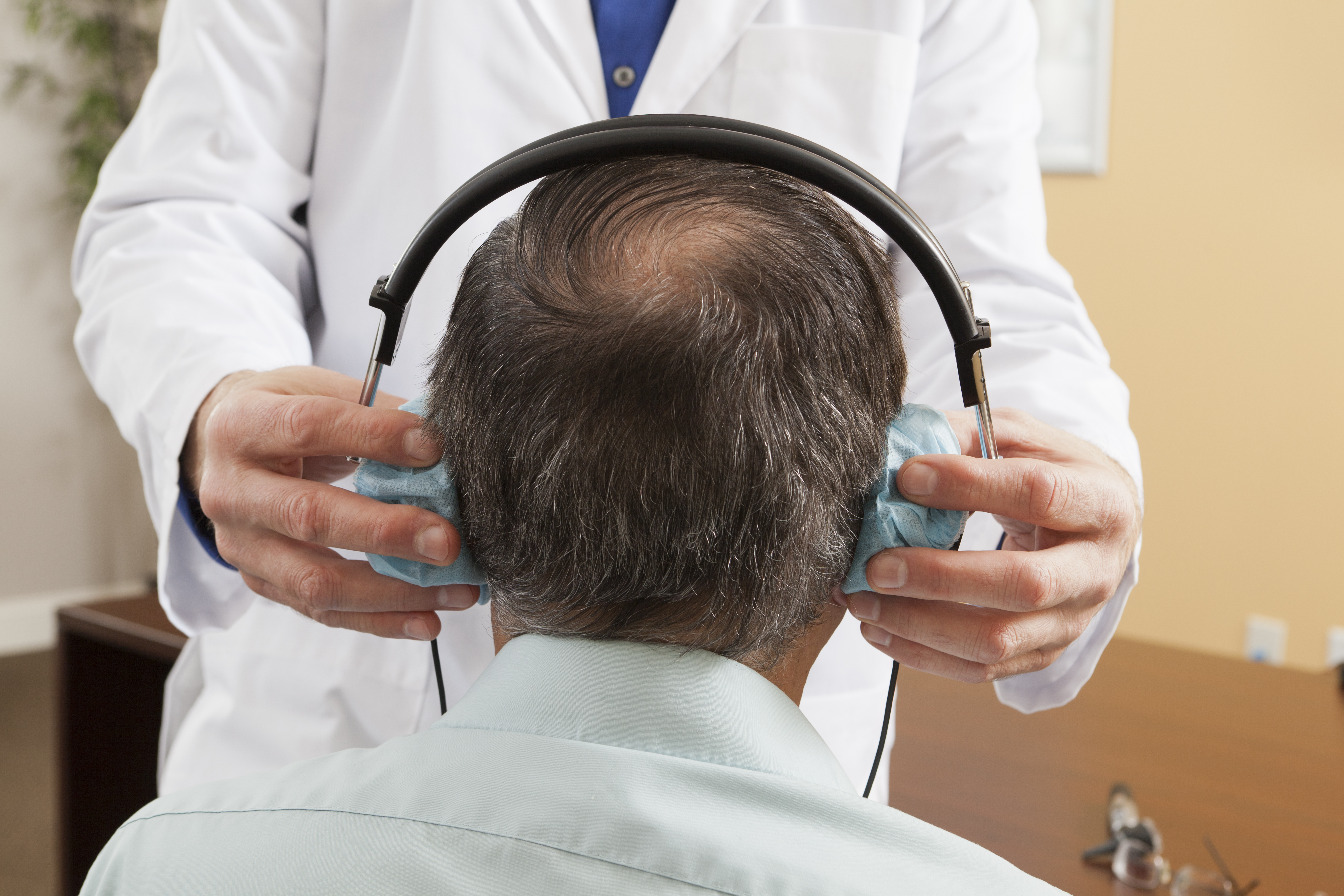Importance of Regular Hearing Screenings
.jpg?rev=394180dd2c0b46f2aa2cd6a540e32a85)
Why Are Regular Hearing Screenings Important?
Hearing loss can happen suddenly, but the decline is gradual for most people. As a result, it can be challenging to detect a problem. That’s why testing is essential.
What is a hearing screening? Hearing screening is testing that accurately measures your ability to detect specific sounds. With regular testing, an audiologist can identify small changes from one visit to the next, helping patients catch hearing loss early and take action to address it.
What Are the Benefits of Regular Hearing Tests?
With regular testing, hearing issues are easier for your care provider to identify and treat. That benefits you in several ways, including:
- Screening can identify tinnitus, a persistent ringing, buzzing, whistling, or hissing sound in your ear that can affect concentration and your ability to fall asleep.
- Some balance disorders, like Meniere’s disease and positional vertigo, stem from problems in the ears. Testing can help diagnose them.
- Hearing screenings support better overall health since hearing loss is associated with an array of health issues, from high blood pressure and diabetes to Alzheimer’s disease.
- Identifying and addressing hearing loss in the early stages also helps prevent problems with communication and social interactions, making life more enjoyable and less stressful.
As you can see, the benefits of hearing screening are far-reaching. When should you get your hearing screened? You should get tested if you experience problems, but also regularly, even if you don’t notice a change in your hearing. Your doctor or audiologist can advise you on the appropriate hearing test frequency for you.
What Is Baseline Hearing?
The term “baseline” refers to a starting point in any type of measurement. When testing the sense of hearing, your baseline is how well you perceive sounds when you’re first screened.
Having baseline hearing measurements enables an audiologist to track changes in your hearing over time. The importance of regular hearing screening is that it allows your doctor or audiologist to see that trend.
Who Should Be Screened?
Anyone experiencing hearing problems can and should be tested. As for regular hearing screenings, the following groups should have them:
| Group | Recommendation |
|---|---|
| Children | Kids should be screened throughout their childhood. |
| People with a family history of hearing loss | Regular screening at a frequency based on family history is essential. |
| People with specified medical conditions | Conditions like diabetes, high blood pressure, and heart disease increase the risk of hearing loss, so regular testing is crucial. |
| Adults 50+ | People over 50 should be screened every three years. |
| Adults 60+ | People over 60 should be screened annually. |
Make a Routine Check-Up for Hearing
Prioritizing your hearing health helps protect you from hearing loss, aids your physician in diagnosing other conditions, and just makes life and relationships more enjoyable. That’s why getting screened regularly is essential. Your doctor or audiologist will also stress the importance of follow-up in hearing-related testing and intervention.
Learn more about audiology services at Baptist Health.



.jpg?rev=f59f3f2e0f3f487b8eb5863dcf9df0c2)